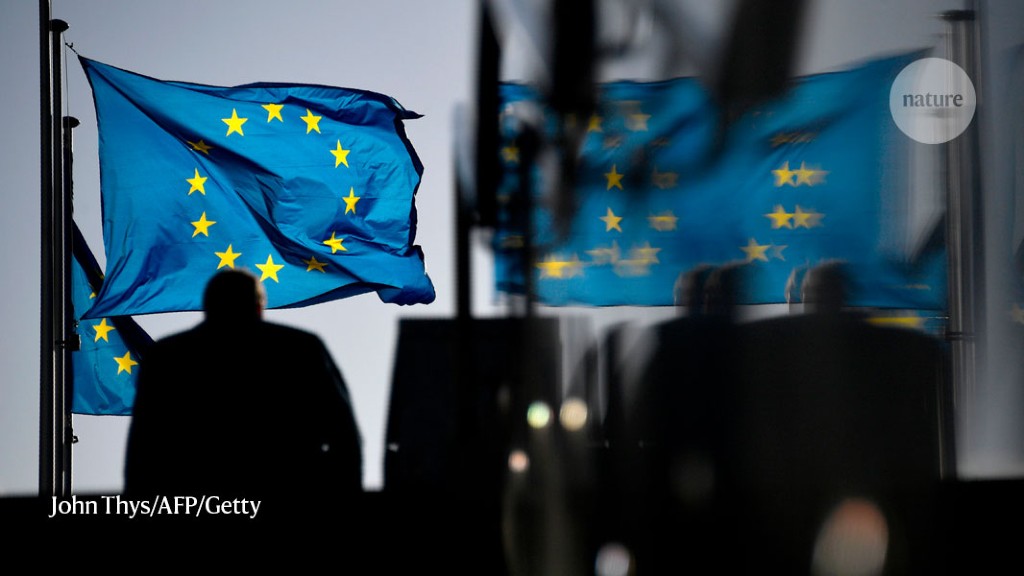Statistical Illiteracy Isn't a Niche Problem. During a Pandemic, It Can Be Fatal
In recent months, we've all been bombarded with numbers. It's vital that we learn how to interpret them.
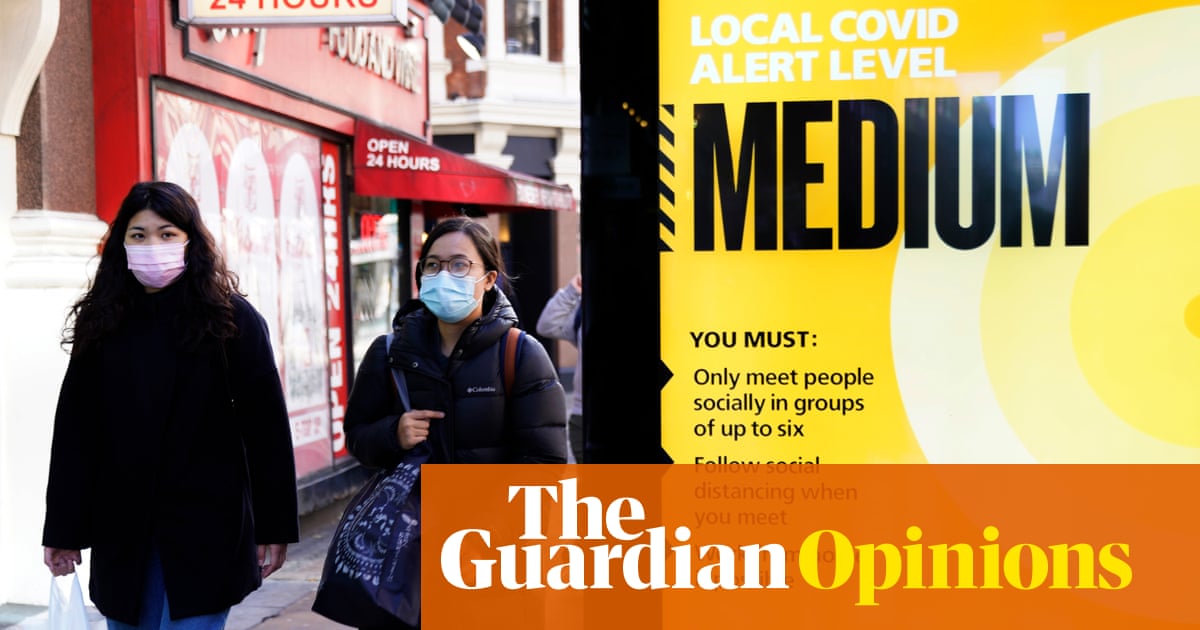
opinion articles
Send us a link
In recent months, we've all been bombarded with numbers. It's vital that we learn how to interpret them.

The dominant model of Article Processing Charges, whilst lowering financial barriers for readers, has merely erected a new paywall at the other end of the pipeline, blocking access to publication for less-privileged authors.

Publishers have retracted more than 20 COVID-related papers. Are they learning from their mistakes and fixing process failures?
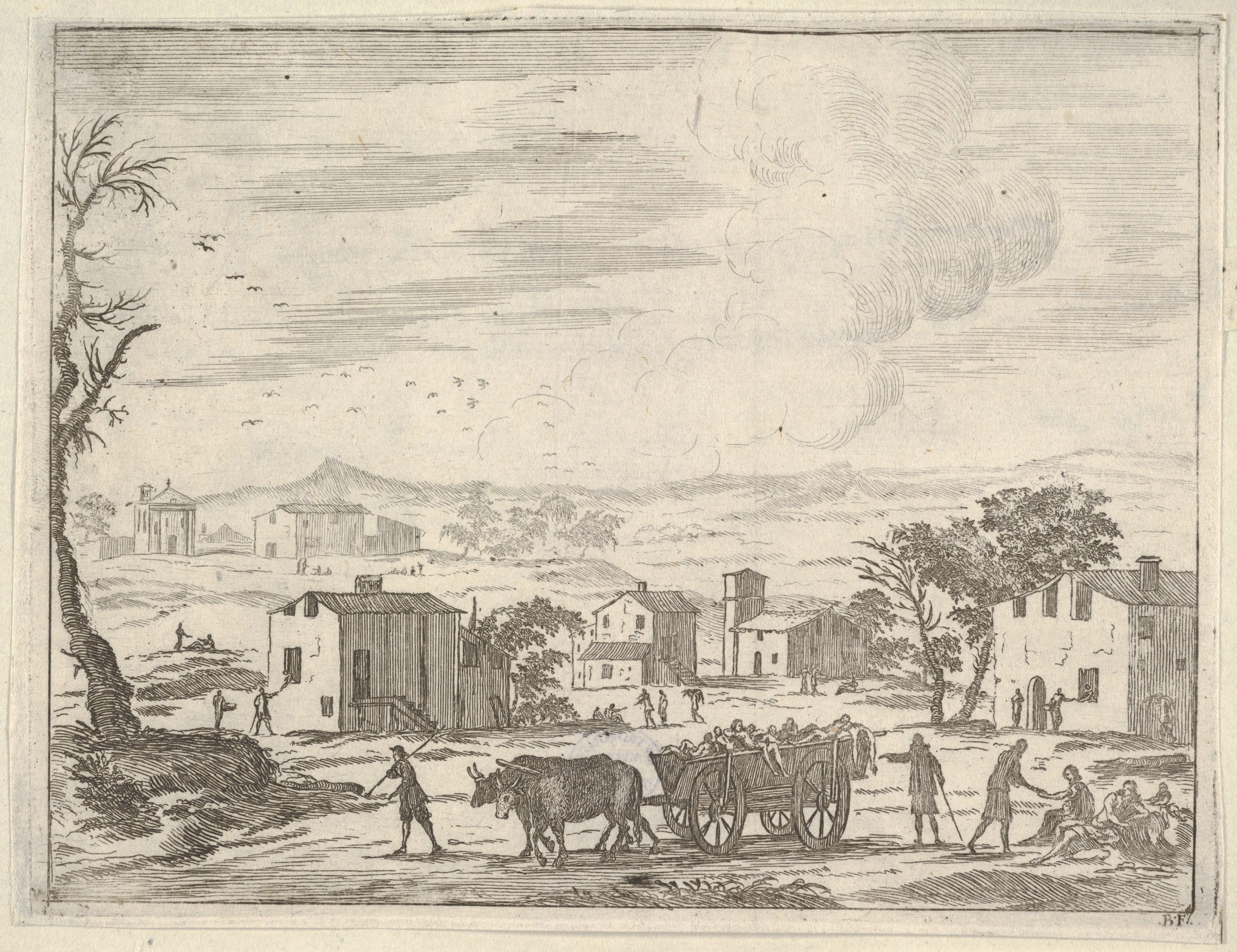
Links between an anti-lockdown declaration and a libertarian thinktank suggest a hidden agenda, say scientists Trish Greenhalgh, Martin McKee and Michelle Kelly-Irving
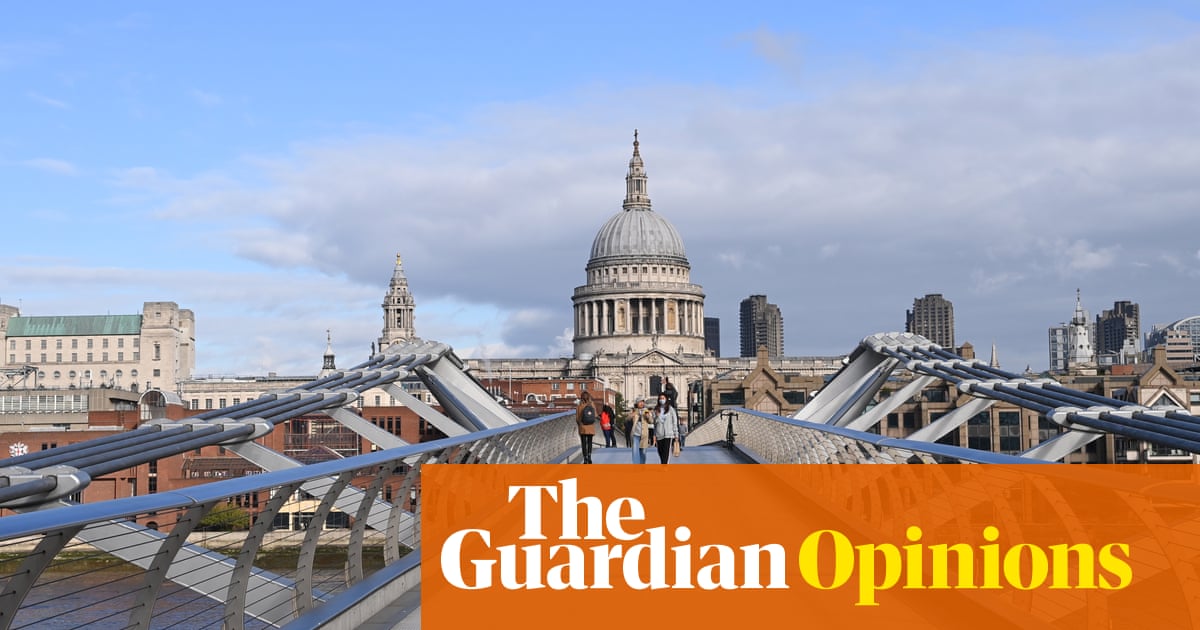
Over the past few weeks, prominent scientific publications have condemned President Donald Trump's record on science. This is unprecedented.
Big moves to rebuild the scientific infrastructure are possible, argues Ulrich Dirnagl.
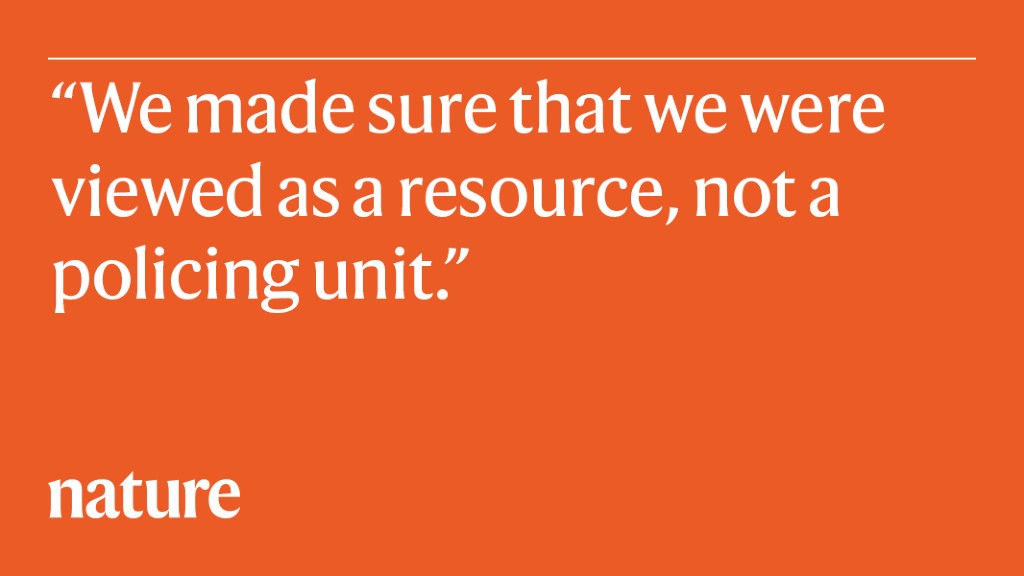
Bad papers are still published. But some other things might be getting better.

Kirstie Whitaker and Olivia Guest ask how open ‘open science’ really is.
We need more transparency in how scientific knowledge is created and communicated, especially in the context of a pandemic where science should guide important decisions affecting millions of people.

COVID-19 has highlighted the need to work with researchers all around the world at the same time that it has also exposed the inequalities in the global research and knowledge system.
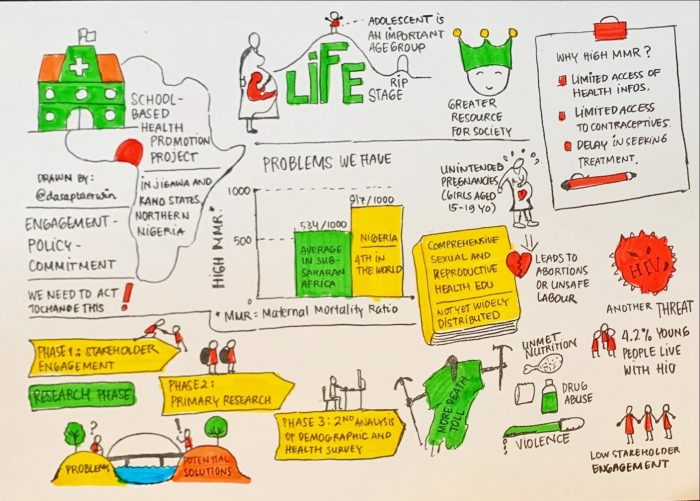
High publishing charges keep continent's scholars out of top journals, academics argue.
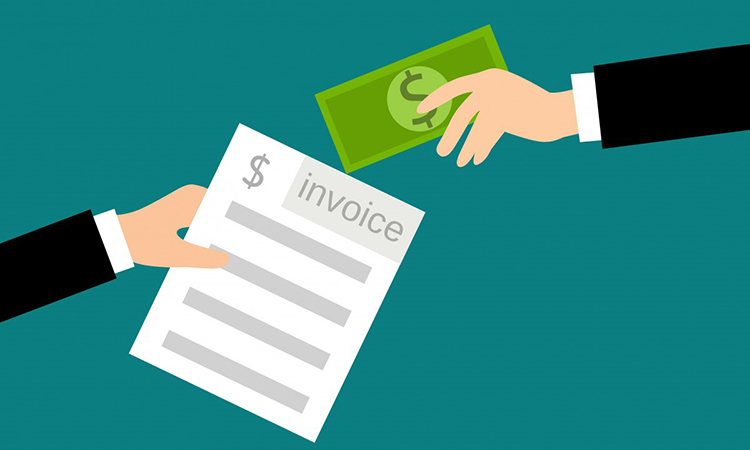
The COVID-19 syndemic is entering its most dangerous phase. There is a mounting breakdown of trust. Not only between politicians and the public. But also among politicians and publics with science and scientists. This breach of faith with science is far more threatening.
Researchers warn that vaccines could stumble on safety trials, be fast-tracked because of politics or fail to meet the public's expectations.
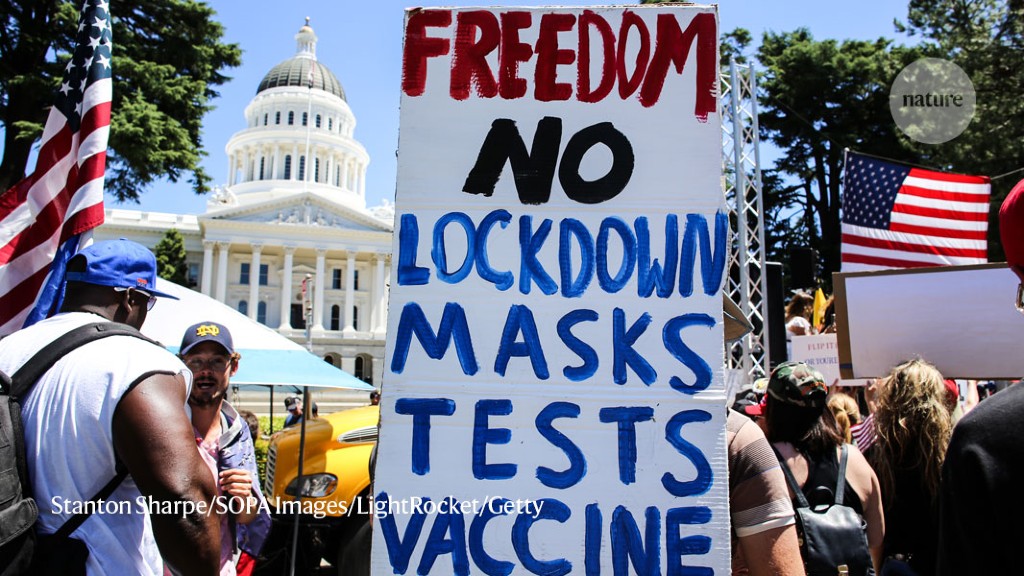
Therapies and vaccines will come, but not for many months. Until then, politicians will have to work on the basics

Bully and ignore the experts, and send in the quacks.
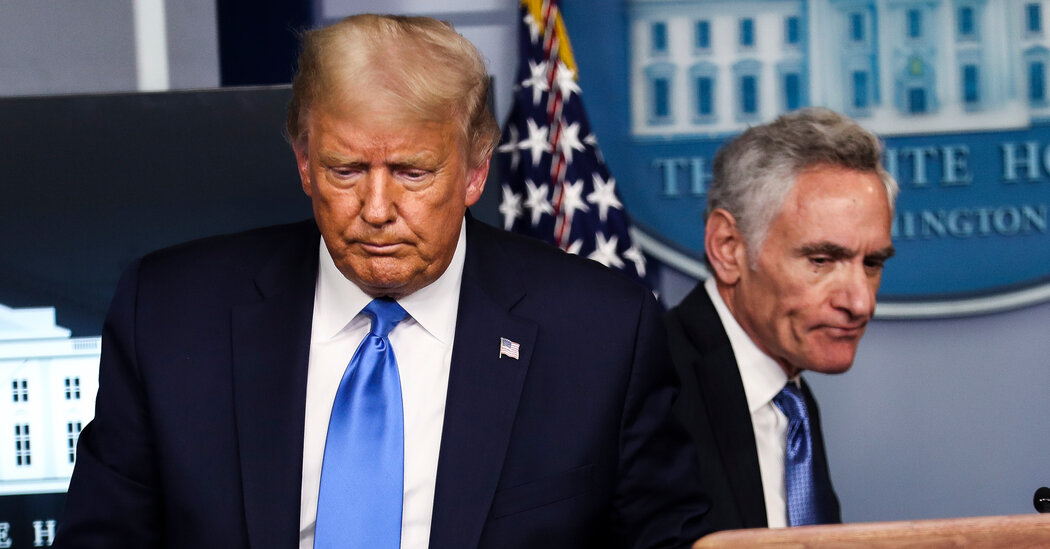
COKI Project Co-lead Professor Cameron Neylon outlines why he is supporting a campaign calling for all abstracts to be made open access.
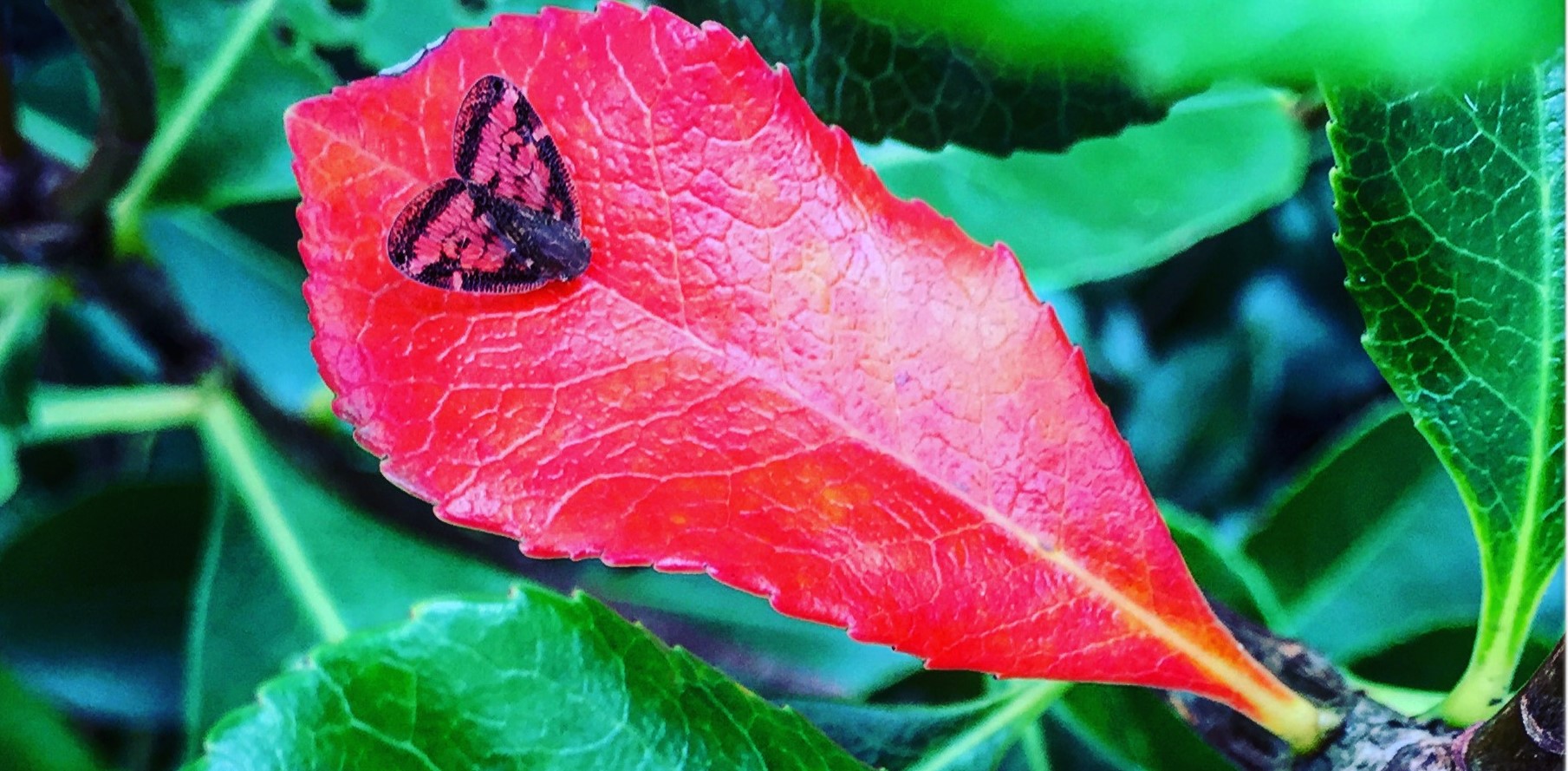
COVID-19 has led to rapid and open sharing of research outputs. But will this new, radically open research communications paradigm result in permanent change?

Universities need to genuinely support mentorship training for faculty members.
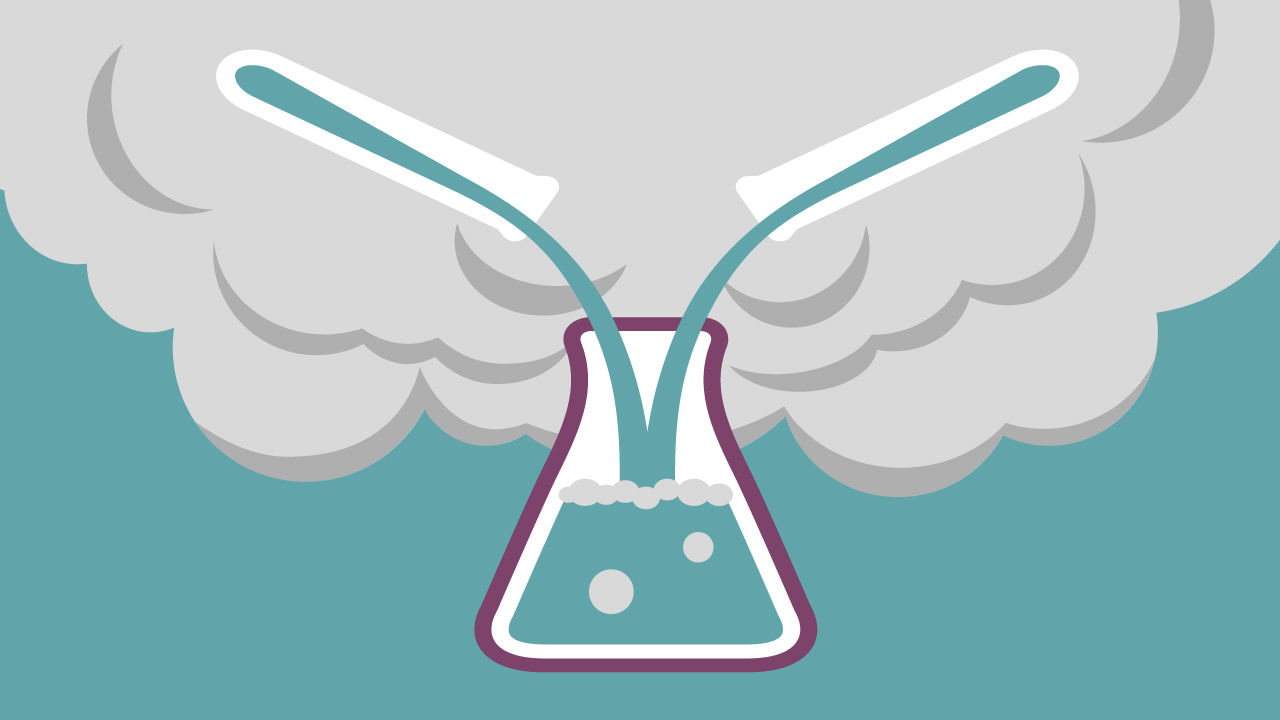
Getting rid of harmful papers is a vital step toward reestablishing readers' trust. Next, publishers should target articles that are flawed in other ways.
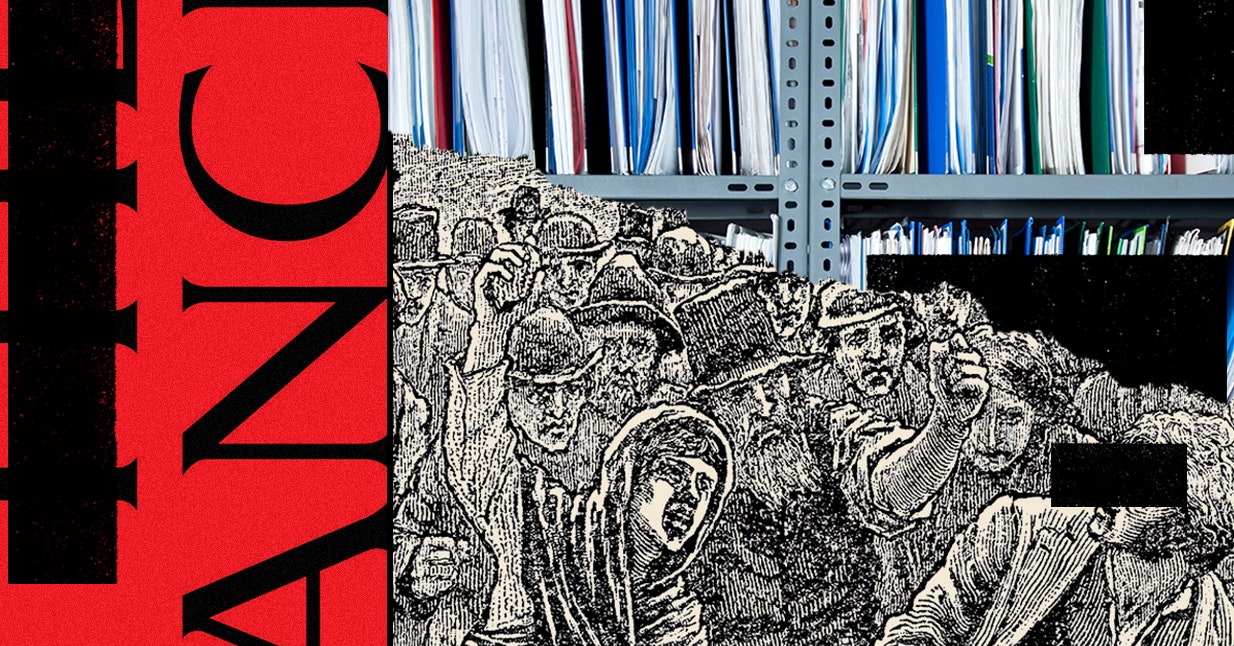
The editors of the Lancet Group examined The Lancet's peer-review processes to identify ways of further reducing risks of research and publication misconduct.
In support of #PeerRevWk20 theme #TrustInPeerReview, we asked the Chefs how trust in peer review could be improved. See what they said and add your thoughts!
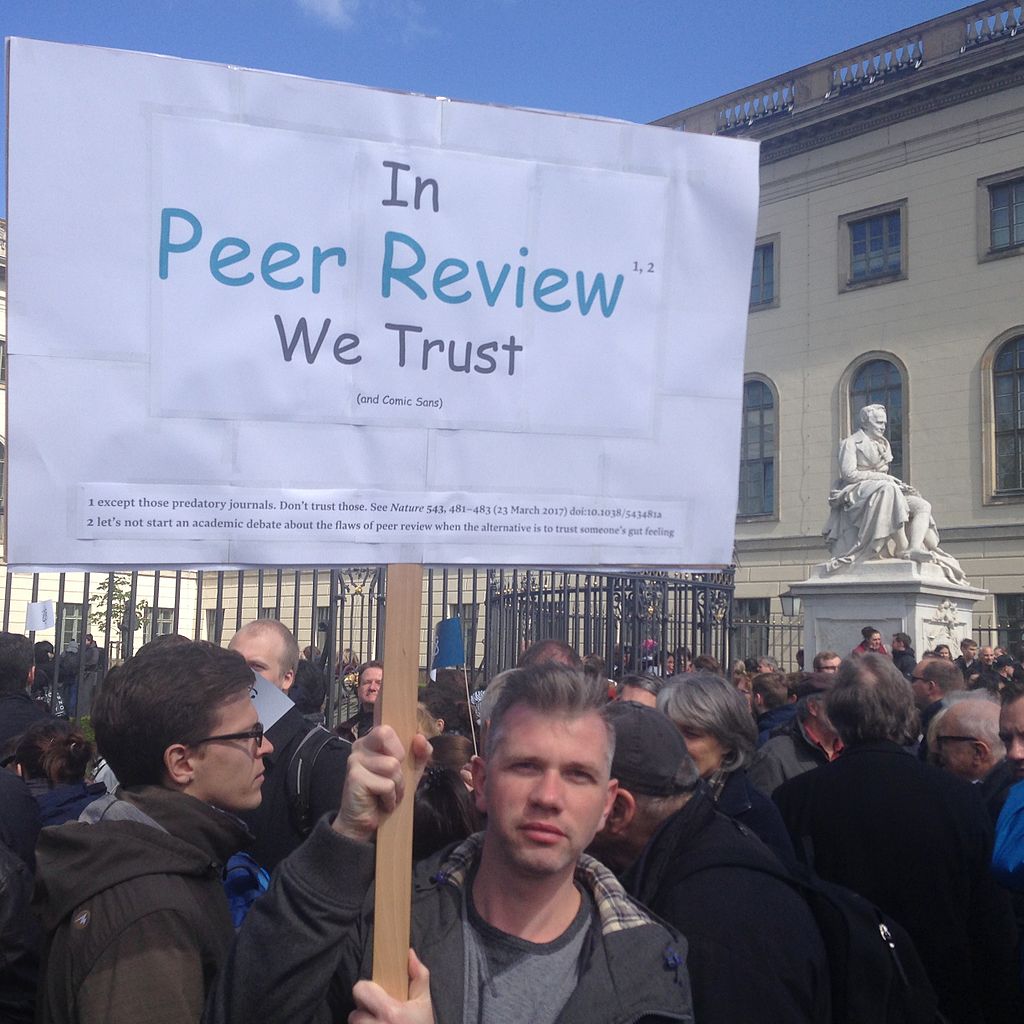
Europe's flagship science agency will be crucial to a post-coronavirus world. Slashing its budget will be a senseless act.
